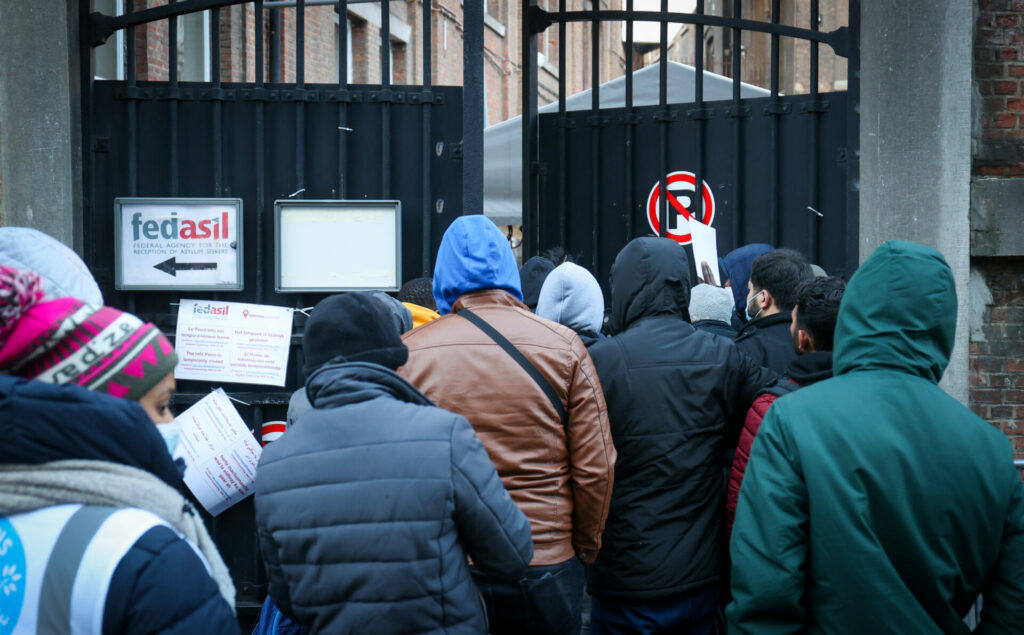Currently, 1,600 recognised refugees are stuck in federal receptions centre due to a shortage of housing in Belgium, according to Orbit, a non-profit organisation that works on migration.
The number of refugees who are stuck in the centre continues to grow, Orbit wrote in a press release. “There are solutions, but nobody is moving,” said coordinator Didier Vanderslycke. “Finding places of residence for recognised refugees creates more availability of reception places.”
Orbit stresses that recognised refugees are prevented from starting life in Belgian society when they do not have a home. This adds to the multiple challenges faced by those who are granted legal protection in Belgium, such as learning the language, starting work or education, and integrating in general.
"That simply isn't possible without a home," the non-profit organisation explains. "Furthermore, a lack of address often prevents social services from being called upon, should the need arise." They argue that this presents a danger to society at large.
Fourteen proposals
Orbit has put fourteen proposals on the table that will allow Belgian authorities to make an immediate difference.
Among them is that recognised refugees must be guided through the transition to the (social) housing market, with the transition period to the new place of residence extended.
Homes of Local Reception Initiatives (LOI), which are now inhabited by recognised refugees, must then be used again for receiving asylum seekers.
Related News
- Temporary solution proposed for migrant crisis at reception centre
- Fedasil personnel strike in protest of refugee crisis at Brussels reception centre
- 'Inhumane conditions': Doctors Without Borders offer medical assistance in Netherlands
The non-profit organisation also calls for empty assisted living apartments to become residential accommodation for recognised refugees. Municipalities must in turn be helped to provide housing for recognised refugees through financial incentives.
In addition, second and third residences could be used to tackle housing shortages, with owners that want to participate in the scheme compensated.
Orbit stressed that local organisations are ready to implement such measures but this is hindered by a "lack in political will to make the housing of refugees a communal project. It is a matter of general interest to focus on that... New arrivals cannot do without a starter home."

